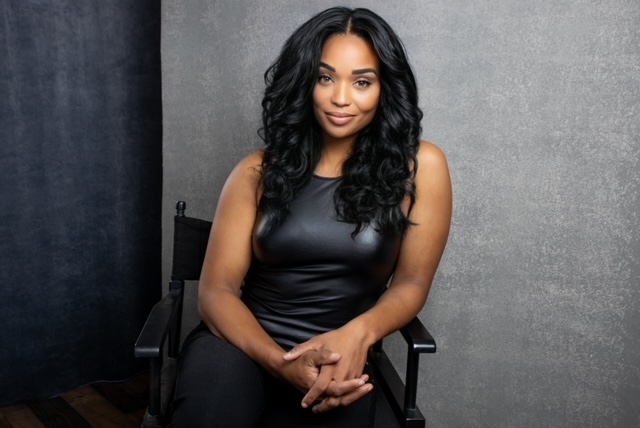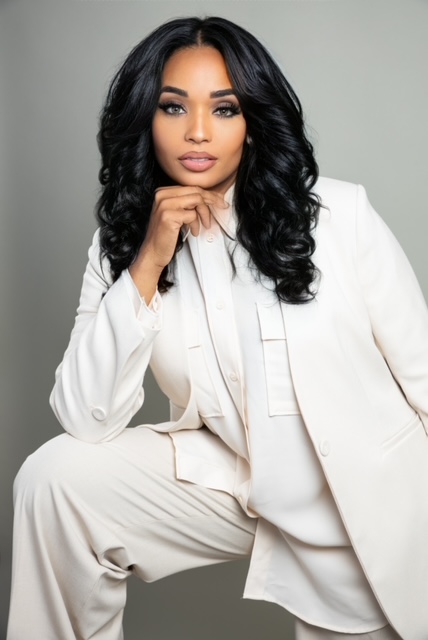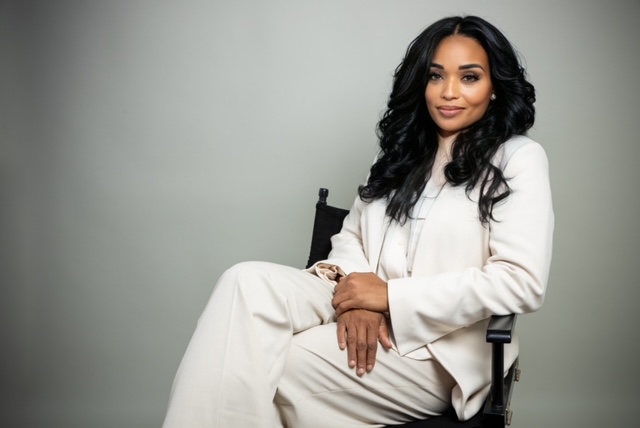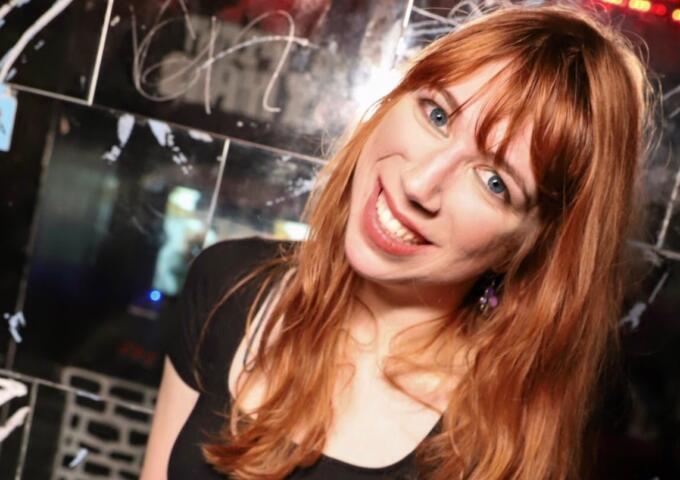“We are the newest addition to an industry that has been in existence for over a hundred years and that has always been run predominately by white men, and this is a role that is overwhelmingly [filled by] women,” Zuri Pryor-Graves says of the precarious position of intimacy coordinators in film and television.
She and her colleagues are a part of an emergent field of professionals who coordinate with performers on scenes that involve nudity, simulated sexuality, violence, or other sensitive subjects. Much like fight choreographers, intimacy coordinators balance the well-being of the actors with the demands of the script, making sure everything that happens on set is agreed upon and safely executed.
“To come into an industry that has ‘been fine’ without us for so long,” she sarcastically emphasizes with air quotes, “there’s opposition to the position, there’s opposition to the people filling the position, so there’s a lot of resistance.”
Pryor-Graves says that some big-name directors are outwardly opposed to the work of intimacy coordinators, whole some are grateful for the assistance. Others believe they don’t need the help, that they’re already taking care of their casts.
“I have seen just as much if not more harm from those people,” she says, citing that actors routinely tell her that intimacy coordination is needed on sets, that they have been made to feel unsafe while acting and have had to turn down roles based on the reputations of directors. Actors rarely are able to speak up about the experiences, due to power dynamics. “We’re here to communicate with performers. We’re here to help, not to micromanage. We want to share the burden.”
In the wake of #MeToo and public revelations of serial sexual abuse by powerful men in entertainment, intimacy coordinators and intimacy directors (their counterparts in theater) are proving their importance in keeping performers safe on set. They stand in stark contrast to the long-excused practices of abusive auteurs who have subjected their (often female) actors to unwanted sexual experiences to which they had never agreed.
Intimacy coordinators and directors are trained to work with scenes of nudity and simulated sexual activity, but Pryor-Graves clarifies that no sex is actually happening, and no erect penises are depicted on TV. The wardrobe department devises modesty garments that cover the genital areas, may craft fake body hair or prosthetics. The intimacy coordinators are responsible alongside them, often using a set of guidelines developed by industry pioneer Ita O’Brien. These guidelines detail that all nudity and sex scenes must be agreed upon in advance using clear language and that performers can outline which areas of their bodies are available to be touched.
In fall of 2018 HBO adopted a policy that intimacy coordinators would be involved for all movies and TV shows with intimate scenes. In 2019 Netflix released Sex Education, its first production that used an intimacy coordinator and has since used them on other saucy shows, like Bridgerton. Pryor-Graves has worked on a variety of movies and TV series, including Righteous Gemstones, First Wives Club, and P Valley, a drama series set in a Mississippi strip club with a ton of nudity and simulated sex.

It was while working as an extra on the set of P Valley’s first season that Pryor-Graves was introduced to the field that would become her career. A trained sex therapist with a Master’s degree in Social Work as well as a Master’s in Education in Human Sexuality, Pryor-Graves found herself standing around with scantily clad performers depicting strippers. She says these performers were being gawked at and randomly approached by guys. She and her fellow extras had no background information on the content of the show, and she could see indications of discomfort all around.
“It triggered my mental health senses, and I was like ‘who is the person who supports these people? Is there such thing as an on-set therapist?’” After contacting background casting and speaking with others on set, she was eventually introduced to Sam McDonald, an Atlanta-based intimacy coordinator, who would become her mentor and lead Pryor-Graves towards her own professional training.
For season two, P Valley brought Pryor-Graves on full time. As the show routinely features nudity, simulated sex, domestic violence, and other hard topics, “there was something every day that I could be there to support,” she says. “People often don’t know what will come up for them. A lot of times actors do consent to things, but they end up in situations in the moment…and you can feel it. We’re trained to recognize those things that come up.”
“On that production I was really able to find a balance between sex therapy and intimacy coordination,” she says, citing that she’s as much emotional support as a choreographer. “This is why I’m here doing this work. I have that background. I do have that balance and I want to be on shows where those things are equally necessary.”

“And mind you, I like the fun stuff too,” she says, adding, “I’ve been on productions where somebody is getting mooned or there’s a nip slip or something– where it’s fun. Those are nice, easy days, but I’m also fine with taking home all of the stuff and carrying all of the things for the performers that in the fast-moving world of tv and film they just have to sit in, throw it out, give it to me to hold for them and at the end of the day we walk out with it together.”
P Valley is also a uniquely good fit for Pryor-Graves, as the cast is largely Black and the show centers around several queer characters. “There are very limited projects that are using -as a standard- an intimacy coordinator in predominately Black productions and it’s a struggle,” she says, “I am a Black queer intimacy coordinator- hire me for the Black queer shit.” It’s not just about race, she says, but about “being better able to relate to the people who are telling these stories because at the end of the day our job is to keep people safe and make them feel like they are in a position to do their best work.”
Going forward, Pryor-Graves has big plans for shaping the future of her industry. She’s building her own curriculum for training intimacy coordinators, curating free hygiene kits for performers, and is also using her experience in fashion to make modesty garments in a wider spectrum of skin tones.
“I learn something every time I’m on set and I write it down to either keep it from happening again or make sure it happens again,” she says. “It’s an ever-learning process.”





